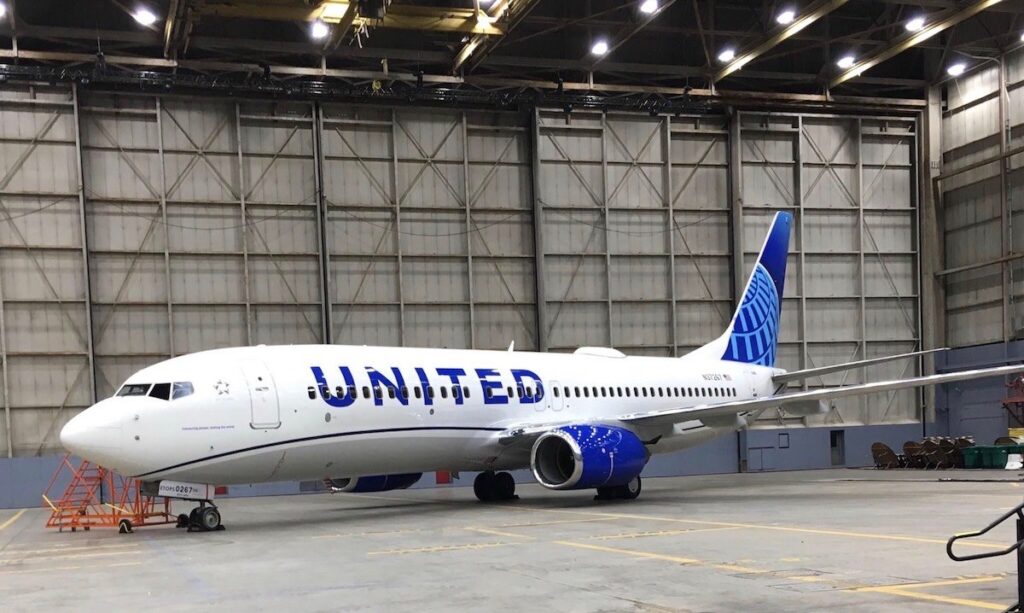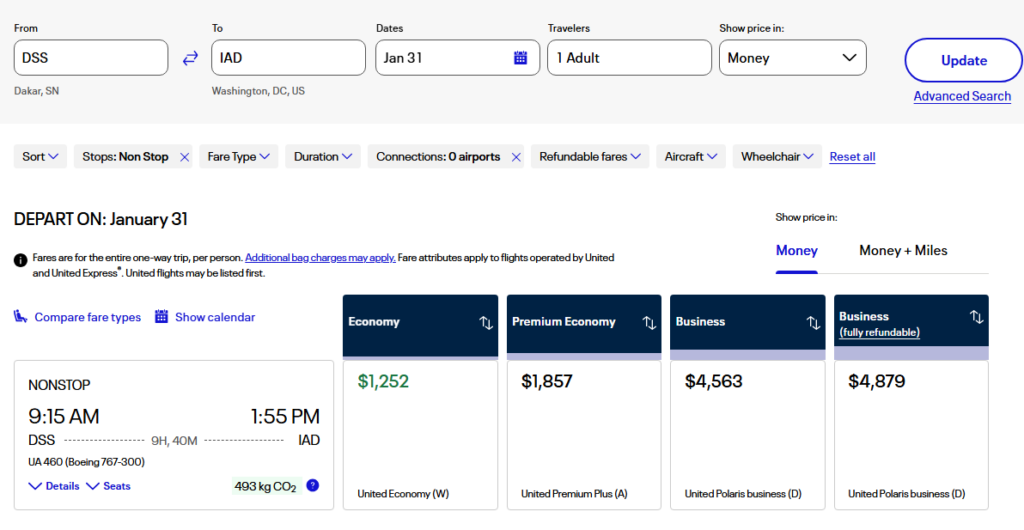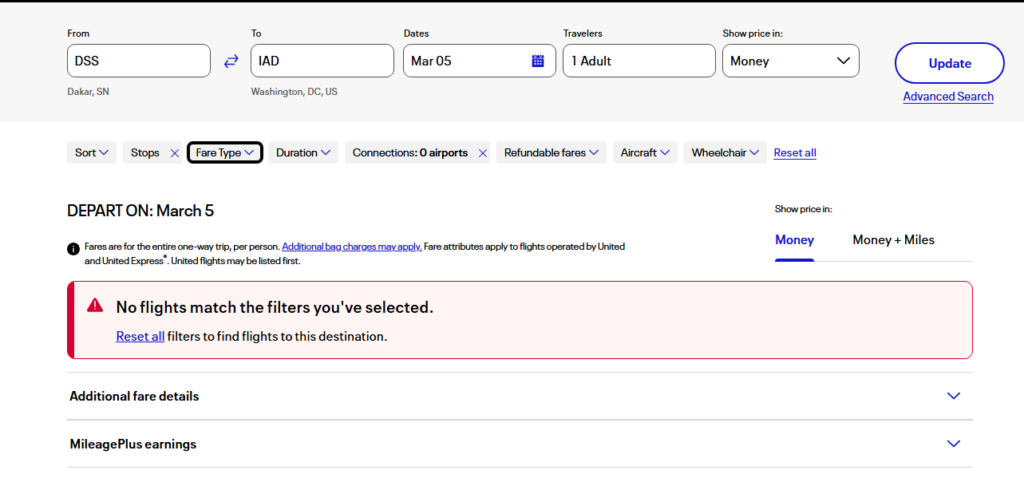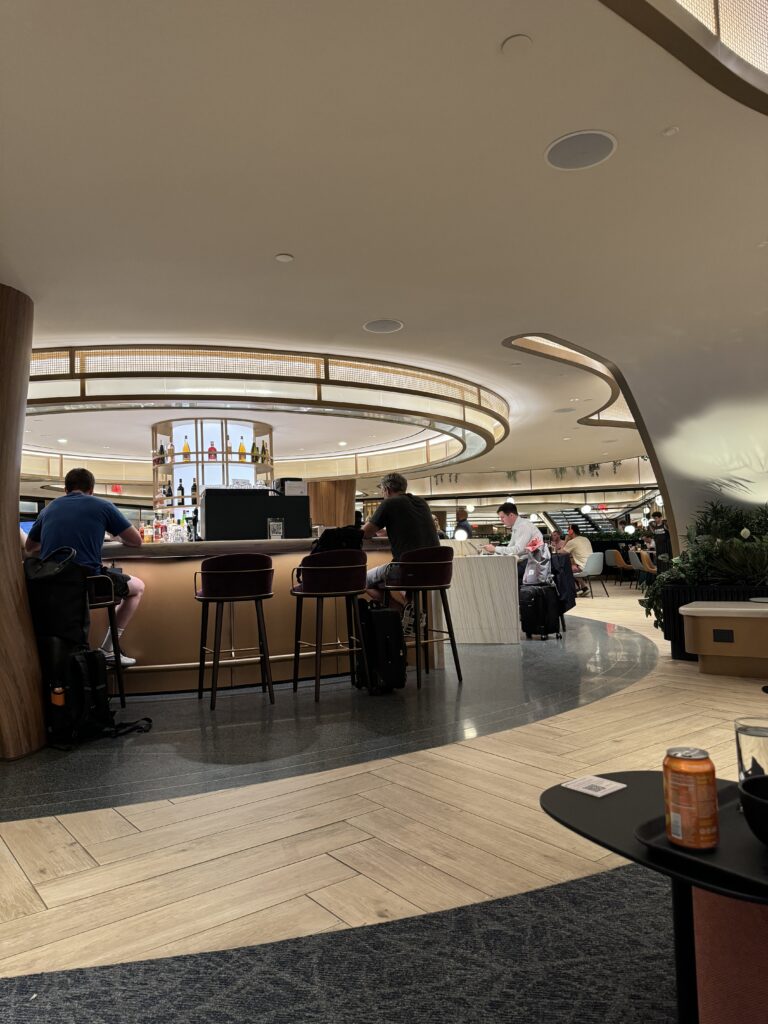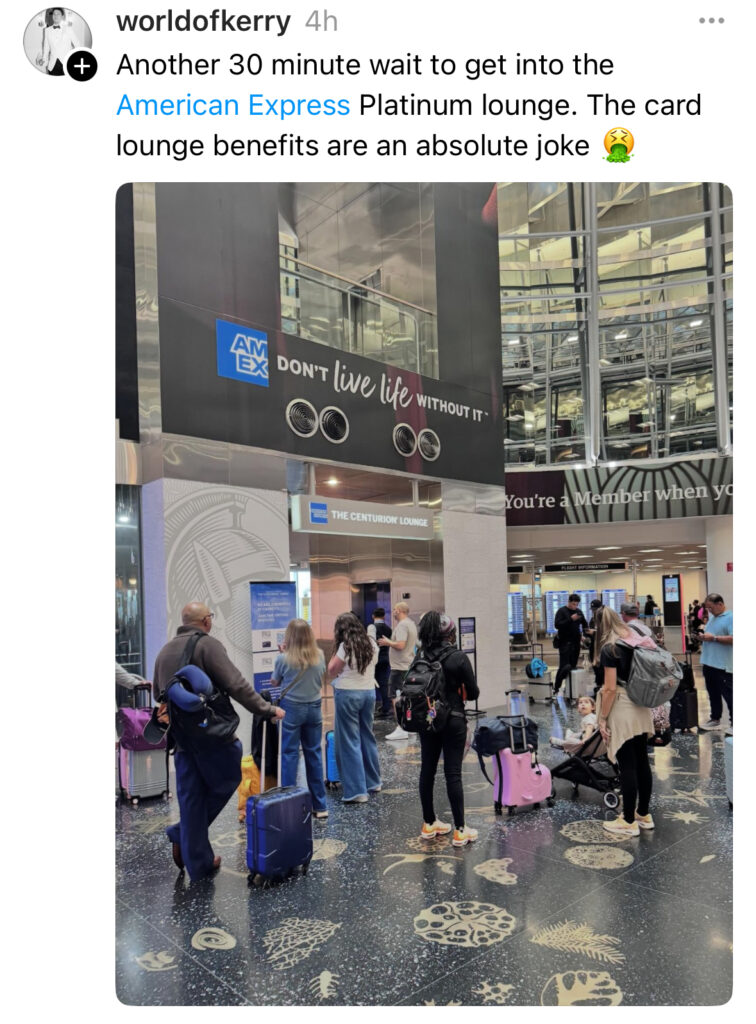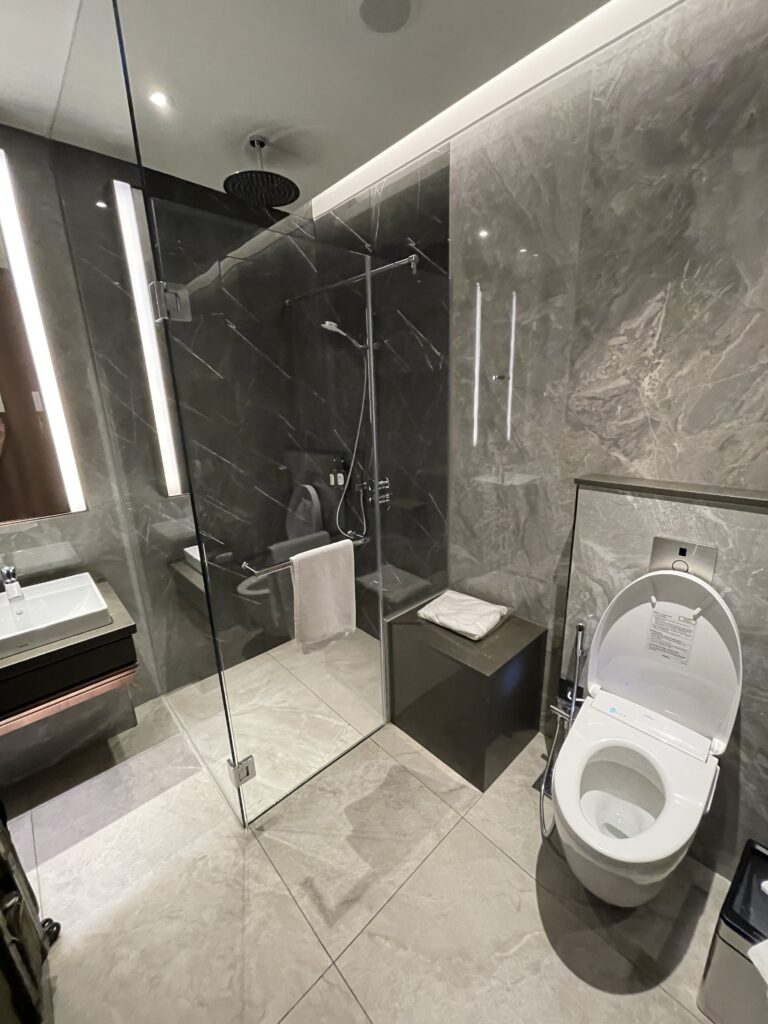
There has not been a lot of reporting on this that I can find but I think it is worth a discussion. Last year there were whispers of the Port of Portland, who runs Portland International Airport, looking to get service to Seoul-Incheon and Tokyo. Then in March of this year during a presentation for PDX2045, David Zielke, General Manager Air Service Development at Port of Portland, shared a map of desired routes and answered questions about potential Asian destinations. You can read about it starting on page two of this PDF.
Around two months ago the Port gave an update and it sounded like service to Seoul was promising but not firm:
Seems like Seoul is the front runner now, but in the medium term im sure the Port would love to service to both Seoul and Tokyo bsky.app/profile/macc…
[image or embed]
— iain (@maccoinnich.bsky.social) August 14, 2025 at 3:18 PM
For me, this was a red flag. Korean Airlines, the carrier that would run the service, must have some reservations about the demand between Portland and Seoul, including onward connections. The Port of Portland has openly said that demand to Tokyo is stronger than Seoul and that they were looking for service there as well. If I was Korean Airlines that would give me pause. The other thing that may make Korean think twice is the lack of onward connections from PDX. Delta, Korean’s partner, serves a limited number of destinations.
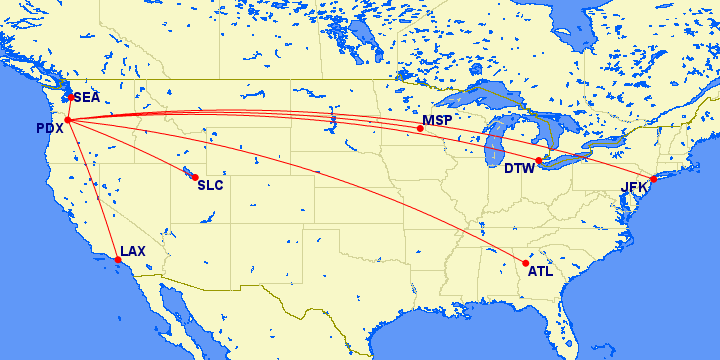
The latest news is that the Governor of Oregon and Port of Portland leadership are headed to South Korea to build up trade and promote Oregon and lastly, meet with Korean Airlines and Delta Air Lines to bring back service to Asia.
Air Service Development: Governor Kotek will meet with Korean Air and Delta Air Lines to advocate for the return of nonstop passenger service between Portland and Asia, a top priority for both the business community and tourism opportunities.
I am confused about the Port’s fixation on Korean and Delta. Maybe concerned is a better word than confused. If you don’t remember, Delta basically tried to leverage their PDX to Tokyo-Narita flight to get more service into Haneda and then ended PDX-Tokyo service altogether. Delta also gave up their daily Portland-Amsterdam flight for a 4x/week KLM flight. Their track record of investing in PDX isn’t great, even with their long history here.
It seems that there is a bit of a nostalgic reminiscing coming from the Port of Portland. A desire to return to the old days when Delta ran a large international hub out of PDX. There is a possibility that they want to leverage Alaska Airlines’ partnership with Korean but that partnership seems weak, especially with the two airlines being in separate alliances and recent announcements of other Alaska partnerships ending.
[Update] As of January 1, 2026, the Korean/Alaska partnership will be significantly degraded. I think this signals that the partnership will completely end sometime later in 2026.
But not everything is bad news, there is an opportunity here. The Port of Portland could pursue the direct Oneworld Alliance partner of Alaska, Japan Airlines. Japan Airlines has smaller planes, Boeing 787-8s, that would be perfect to run service to Tokyo-Narita daily or 5-6x/week. The downside there is the lack of a joint-venture and revenue sharing between Alaska and Japan Airlines. The Port could approach Japan Airlines’ low-cost carrier, Zipair, for 5-6x/week service. Their low cost model would make the service more attractive to Portlanders headed to Japan and to Japanese headed to Portland. Or, the Port could go for something completely different, Starlux Airlines to Taipei. Starlux has a partnership with Alaska and is looking to join Oneworld, is expanding rapidly, and could carry a lot of cargo and onward connections to points in Southeast Asia.
The Port of Portland should really be considering the options that are best for Portlanders. Fixating on Korean Airlines or hoping that Delta is going to bring back a bunch of service feels irresponsible. Maybe I’m overthinking the Port’s actions but it definitely does not appear to be in Portland’s best interest to only focus on two carriers, especially in light of Delta’s recent actions around Portland and flights to Asia.


